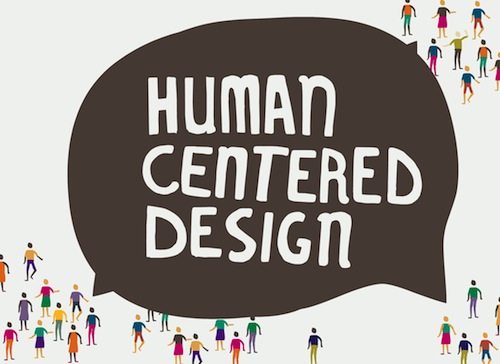
Internal and External Strategies
In this post we will tell you about the internal and external strategies we recommended to Global Mothers - the meat of the project! Then we will go into our key learnings and takeaways from this project. Our core recommendations are based on our findings in the Acumen course and throughout our research (see our two previous posts to learn more about Acumen and our research).
For internal strategies we recommended using the Progress Out of Poverty Index (PPI) (refer to our first post on Acumen) in conjunction with an excerpt from the Well-Being Index, using both of these will allow Global Mothers to effectively measure the poverty level of the artisans and how it improves over time as well as measuring their level of empowerment. In addition to these quantitative indices, we recommended doing qualitative empowerment research, which can be used to expose powerful thoughts and emotions of the artisans, uncover important connections and life learnings with Global Mothers and their partners, and provide artisans with the chance to share their story with a larger audience. We recommended the use of Ideo’s Human Centred Design Toolkit to coordinate individual and group interviews (definitely take a look at this toolkit if you’re looking to create human-centred design solutions to complex problems in the developing world).

For external strategies we recommended three different ways to communicate their impact to consumers on their website and in brochures. These recommendations were based on the responses we received from interviewees on what kind of impact they preferred as well as what information they value in an organization’s communications. Elsa created a visual example for each allowing our recommendations come to life!
Our Learnings and Takeaways
1) Consumers want to know that social enterprises are ethical in their operations: they want to know where their money is going and what it is contributing to. Non-governmental organizations (NGOs) that build their organizations around a claim of improving lives or protecting the environment are held against higher standards than organizations in the private sector. This seems unfair because social enterprises and NGOs are benefiting the world in their respective way and generally its organizations in the private sector are the ones that are damaging the earth in the first place through unfair labour practices, illegal deforestation and excess waste (for example). People are careful with choosing which NGO to donate to, making sure that whoever they donate to aligns with their own personal values and beliefs. Contrary to when purchasing everyday items, people require less information or proof of ethical practices since it’s common knowledge that first, this information is hard to find and second, you probably don’t want to know how your favourite brand of clothes is made.
2) Everyone interprets social impact messaging differently. People have personal preferences for everything including the type of communications material they like to engage with. There definitely are overarching similarities in preferences, but on the whole everyone is different. Depending on who you are you may prefer to read a blog post over watching a video, or scroll through an infographic rather than read through a bunch of statistics. There isn’t one answer for what type of impact communications is best, however some are more well-received than others.
Aside from specific project insights, both of us grew professionally throughout this project. We were completely in charge of all of the client interactions - booking meetings, weekly phone calls and running presentations. With only the occasional oversight from the Dossier team, we worked and completed all of our tasks largely independently, which was invigorating. Having so much responsibility as an intern is really fulfilling and left us with a sense of pride knowing that we completed this project and had successful results on our own!
Do take some time to check out Global Mothers’ website. We’re in love with the stories and products, plus they’re doing really awesome work!
Global Mothers’ booth at this year’s Vancouver Folk Fest’s Artisan Square.
Published by: Reg Dick in Behind the Scenes, Impact Measurement Strategy, Research